Are you a Matcha seller? Join as a Vendor

Matcha Factory bridges the gap between traditional Japanese tea cultivation and European accessibility. As Europe’s leading supplier of premium matcha and powdered green tea, the brand works directly with farmers across Japan, China, and Taiwan to deliver exceptional quality without the premium markup.
The foundation of Matcha Factory’s approach lies in direct farmer relationships that eliminate intermediaries. This connection ensures every batch meets rigorous standards while maintaining competitive pricing. Each leaf undergoes traditional shading techniques, followed by careful steaming, de-veining, and stone-grinding to preserve maximum amino acid and caffeine content.
Their biodynamic cultivation methods at 300-meter altitude plantations represent a decade-long commitment to sustainable farming. These practices enhance soil vitality and produce matcha with distinctive flavor profiles that reflect terroir-specific characteristics.
Matcha Factory offers comprehensive product tiers designed for different uses and preferences. The range spans from First Blossom ceremonial grade for traditional tea ceremonies to food-grade options perfect for baking, smoothies, and culinary experimentation.
Key offerings include:
Beyond retail customers, Matcha Factory serves wholesale clients ranging from fitness centers to restaurants. Bulk orders ship within three working days, making them a reliable partner for businesses requiring consistent supply. The brand provides educational resources on preparation techniques and recipe development, helping customers maximize their matcha experience.
Their multilingual platform reflects a commitment to accessibility across European markets. Whether you’re discovering matcha for the first time or sourcing ingredients for a commercial operation, Matcha Factory provides the knowledge base and product selection to support your needs. This combination of sustainable sourcing practices, diverse product grades, and educational support positions them as more than a supplier—they’re a resource for the entire matcha community.
Matcha Factory offers a diverse range of matcha (powdered green tea) products designed to meet various preferences and applications. Their product lineup reflects a commitment to quality and versatility in the growing global matcha market.
Ceremonial Grade Matcha represents the highest quality offering, characterized by vibrant green color, smooth texture, and delicate flavor profile. This grade is specifically intended for traditional Japanese tea ceremonies and provides the most refined matcha experience.
Organic Matcha appeals to health-conscious consumers seeking certified organic production methods. This variety maintains the quality standards while meeting organic certification requirements for those prioritizing natural cultivation practices.
Drinking Matcha is formulated for everyday beverage consumption, offering a balanced flavor profile suitable for daily matcha preparation. This grade provides accessibility for regular matcha enthusiasts without compromising on taste quality.
Food-Grade Matcha features a slightly coarser texture and more robust flavor profile, making it ideal for culinary applications including baking, desserts, and cooking. This variety is specifically designed to maintain its distinctive characteristics when incorporated into recipes.
First Blossom Matcha potentially represents the earliest harvest of the season, capturing the initial flush of tea leaves with their unique seasonal characteristics and concentrated flavor compounds.
The company’s approach to matcha production emphasizes skilled picking of tencha (shade-grown tea leaves) as the raw material. This focus on expertise ensures selection of only the finest leaves, contributing to optimal quality and flavor across all product grades. The natural organic coverings used for shading before harvest further enhance the tea’s chemical composition, influencing color, flavor, and aroma development.
Matcha Factory has established itself as a distinctive producer in the competitive matcha market through its unwavering commitment to biodynamic farming practices. Unlike conventional tea operations where plants reach harvest maturity in approximately three years, Matcha Factory dedicates a full decade to cultivating their tea plants, demonstrating an exceptional commitment to soil health and natural processes over quick commercial gains.
The company’s approach centers on treating their farm as a self-sustaining ecosystem, utilizing natural compost as fertilizer to enrich the soil with organic matter and foster a thriving microbiome. This philosophy stands in stark contrast to industrial agriculture’s reliance on synthetic fertilizers, which can deplete soil health over time. Their choice of a steel framework to support traditional shading methods further exemplifies their commitment to sustainable practices, deliberately avoiding the large plastic sheets commonly used in modern operations.
Located at a relatively low altitude of 300 meters, Matcha Factory’s plantation creates a unique microclimate that imparts distinct characteristics to their matcha. This positioning suggests careful consideration of terroir factors including temperature variations, humidity levels, and soil composition that contribute to their tea’s distinctive flavor profile, setting it apart from matcha grown in more mountainous regions.
The company’s harvesting process emphasizes skilled picking of tencha tea leaves, the raw material for matcha, with a focus on selecting only the finest leaves to ensure optimal quality and flavor. Their use of natural organic and traditional coverings for shading the tea before harvest reflects their dedication to time-honored practices while minimizing environmental impact.
Matcha Factory offers a comprehensive range of matcha grades, including ceremonial grade for traditional tea ceremonies, organic matcha for health-conscious consumers, drinking matcha for everyday beverages, food-grade matcha for culinary applications, and first blossom matcha representing the earliest harvest of the season. Each grade is carefully crafted to serve specific applications while maintaining the company’s commitment to quality and sustainability.
Matcha Factory began its decade-long commitment to biodynamic farming practices, choosing to extend cultivation periods far beyond the industry standard three years to prioritize soil health and natural processes over quick commercial gains.
Implementation of steel framework systems to support traditional shading methods, replacing conventional plastic sheet approaches to minimize environmental impact while maintaining authentic cultivation techniques.
Expansion of matcha offerings to include ceremonial grade, organic matcha, drinking matcha, food-grade matcha, and first blossom varieties, each crafted to serve specific applications while maintaining biodynamic farming standards.
Established direct sourcing relationships with Kyoto producers to ensure reliable distribution and complete transparency, positioning the company to navigate global matcha supply challenges and price volatility.
Find below some answers to the most common questions about Matcha Factory.
Matcha Factory’s decade-long biodynamic approach prioritizes soil health and natural ecosystem development over quick profits. While conventional matcha farms typically harvest tea plants after approximately three years, Matcha Factory treats their farm as a self-sustaining ecosystem, allowing plants to fully mature and develop complex flavor profiles.
This extended cultivation period, combined with natural compost fertilizers instead of synthetic alternatives, creates a thriving soil microbiome that produces superior tencha leaves. The result is matcha with deeper complexity and enhanced nutritional density that simply cannot be achieved through accelerated growing methods.
Matcha Factory uses steel frameworks with natural organic coverings instead of the large plastic sheets commonly employed by modern operations. This sustainable shading method minimizes environmental impact while maintaining the traditional tana (shade-growing) techniques essential for high-quality matcha production.
Matcha Factory’s ceremonial grade represents their highest quality standard with vibrant green color, smooth texture, and delicate flavor profile perfect for traditional chanoyu (tea ceremony). First blossom matcha comes from the earliest harvest of the season, offering unique seasonal characteristics.
Choose ceremonial grade for formal tea preparation and pure drinking experiences. Select first blossom matcha when you want to experience the distinctive flavor notes that only come from the season’s initial harvest at their 300-meter altitude plantation.
Yes, Matcha Factory’s relatively low 300-meter altitude creates a unique microclimate that imparts distinctive characteristics to their matcha. While many associate higher altitudes with premium tea, this specific elevation combined with their biodynamic farming creates optimal conditions for their tencha cultivation.
The lower altitude means different temperature variations, humidity levels, and soil composition compared to mountainous regions. This terroir contributes to Matcha Factory’s signature flavor profile – you’ll notice subtle differences in sweetness and umami that reflect their specific growing environment and decade-long soil development process.
Matcha Factory’s drinking matcha is specifically formulated for everyday beverages with balanced flavor and smooth texture. Their food-grade matcha has a slightly coarser texture and more robust flavor designed for baking and culinary applications.
While you can drink food-grade matcha, the drinking grade will provide a more pleasant experience for lattes, smoothies, and direct consumption. Save the food-grade for recipes where you want that stronger matcha flavor to come through in baked goods and desserts.
There are no results matching your search
Click below to see the profile of a matcha brands similar to Matcha Factory.
No results available
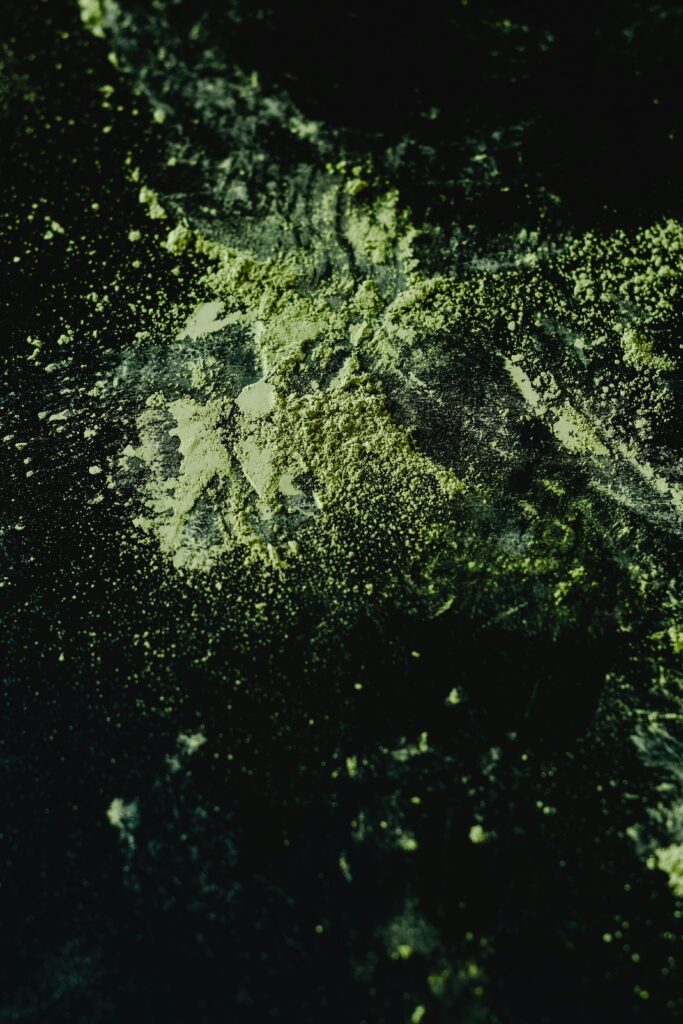
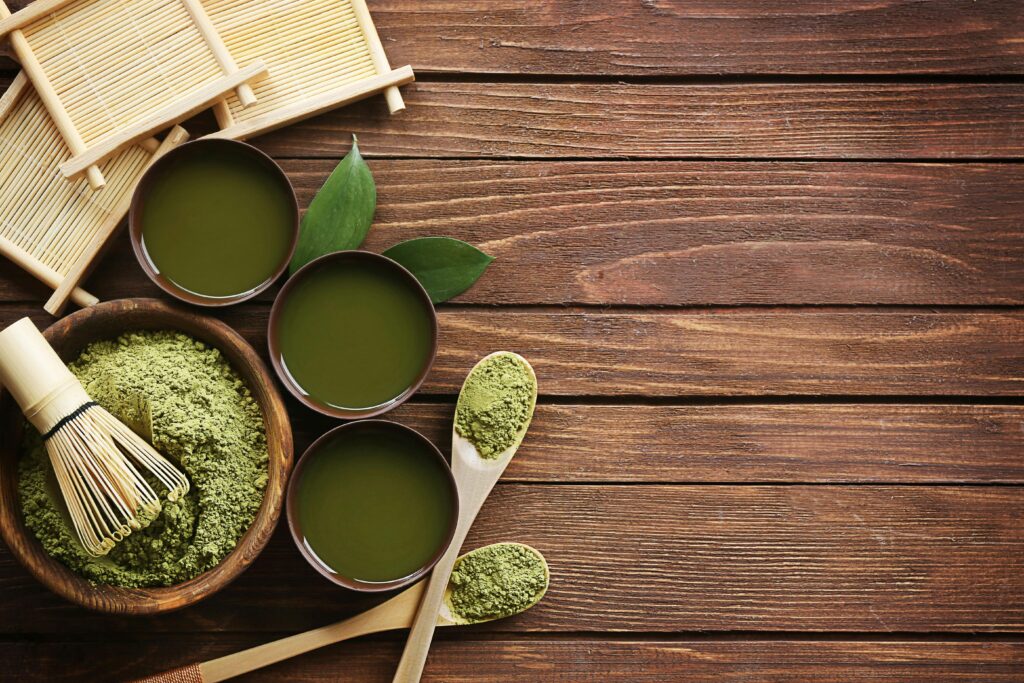
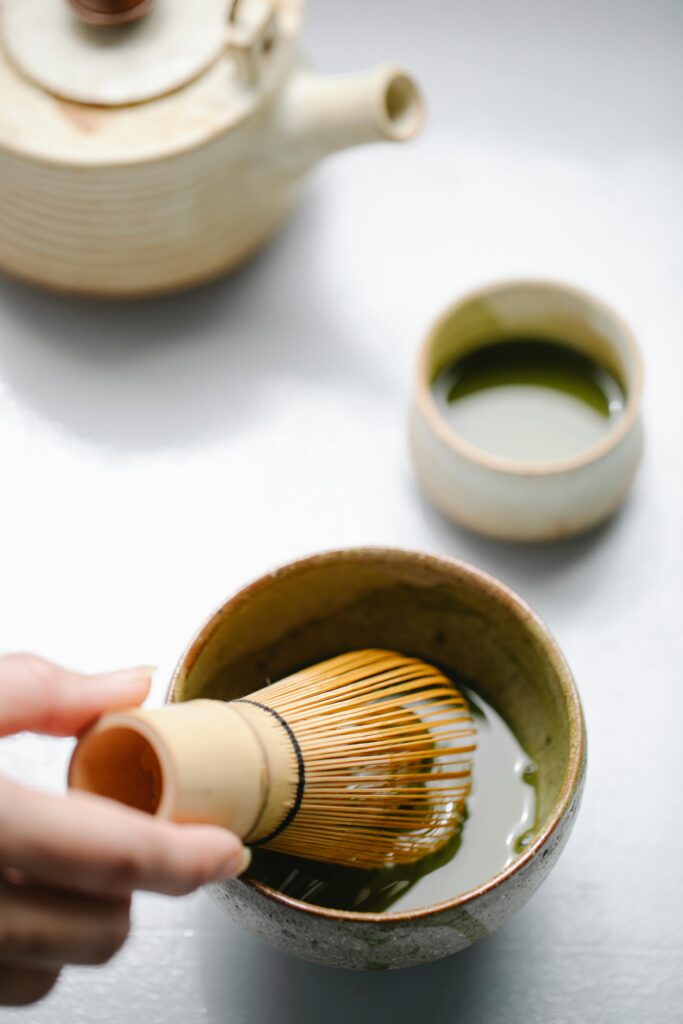
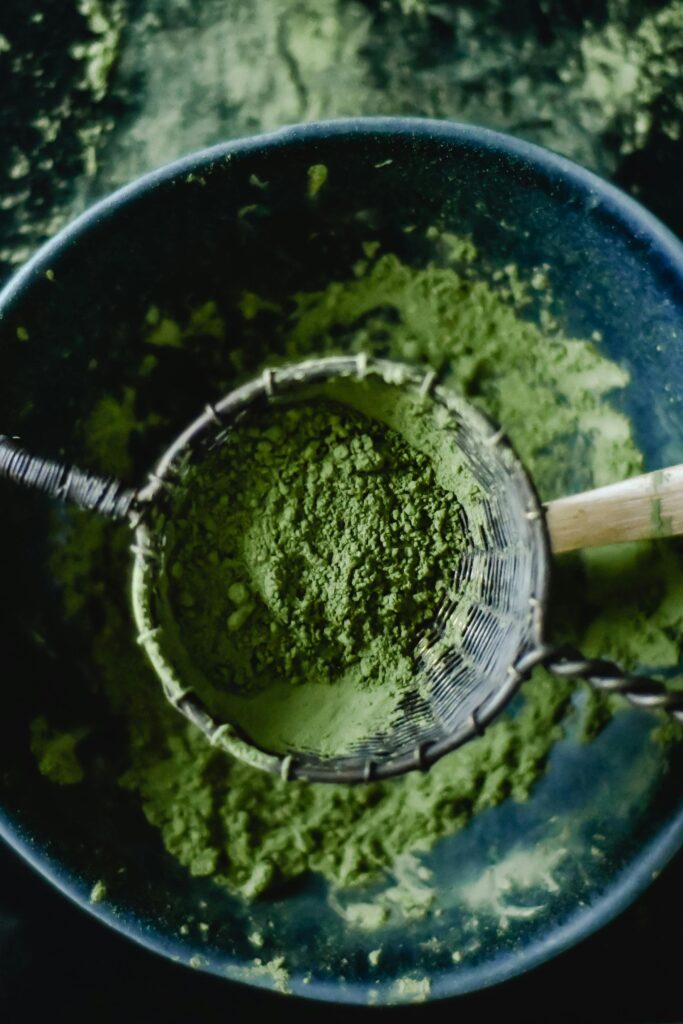
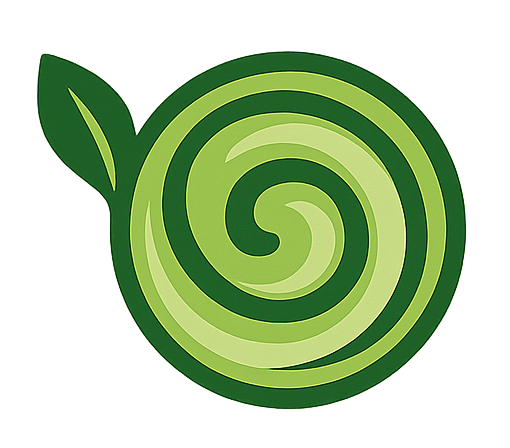
Join our mailing list to receive updates and exclusive tips.
There are no results matching your search